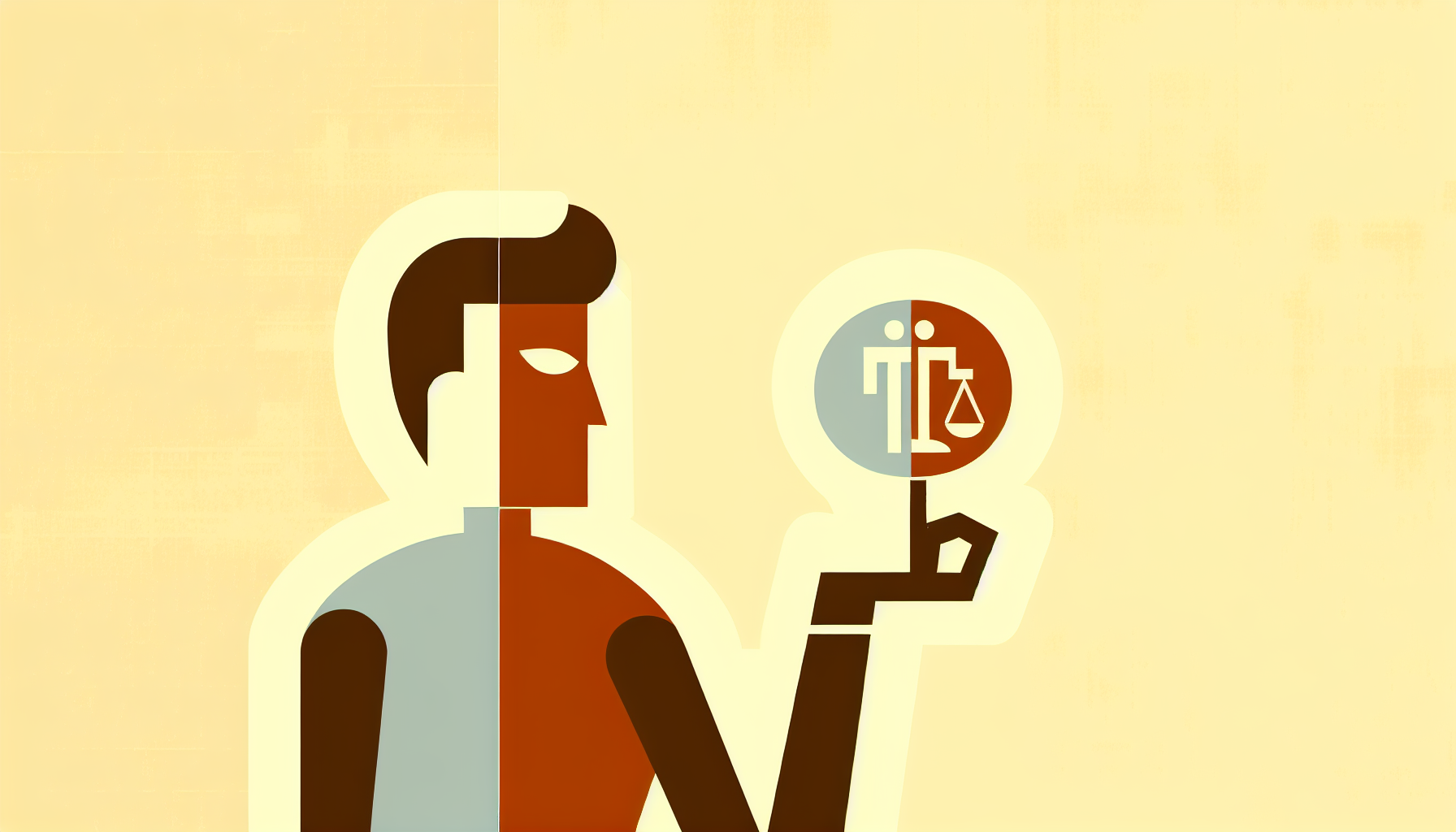Artificial Intelligence (AI) has become as ubiquitous as cat videos on the internet, and its influence is extending far beyond the realm of computer science and into areas that once seemed strictly human, like moral philosophy. Imagine that — machines not just out-calculating your brains, but edging their silicon noses into your ethical quandaries! So, how might AI shape the future of moral philosophies, and what does this mean for us mere mortals who are still trying to figure out whether pineapple belongs on pizza?
Before we dive into philosophical depths, let’s get one thing straight: AI can process data faster than you can say, “I think, therefore I am… confused.” Yet, AI doesn’t “think” or “feel” in the way we do. It doesn’t enjoy your favorite song or have a moral crisis about eating the last slice of cake. AI objectively analyzes data and, when designed to do so, mimics decision-making. So, how does this clinical calculation play into our messy, emotion-filled human ethics?
The Moral Algorithms
Imagine AI as a philosopher rolling up its sleeves, churning through the text of Kant and Nietzsche faster than you can swipe left. AI has the ability to synthesize information and spot patterns in complex ethical systems at lightning speed. Moreover, AI can process an overwhelming amount of moral scenarios, analyze the outcomes, and perhaps even suggest what the “most ethical” path might be. But here’s the kicker: which ethical framework does the AI use — Utilitarianism, Deontology, or maybe some future ethical ‘ism’ that breaks the internet?
The challenge is, the moral compass we input into AI systems must be calibrated carefully, keeping in mind that what is morally acceptable in one culture or context might be taboo in another. This provides an opportunity for a fascinating evolution in moral philosophies. We could end up developing universally compatible ethical guidelines — sort of a moral Esperanto — or further complicating moral relativism when one AI’s moral decision causes another to raise a red flag.
AI in Ethical Dilemmas
One pertinent application of AI in moral decision-making is in self-driving cars. No burning questions about trolley problems necessary — AI is already in the driver’s seat. These machines may soon be deciding who gets an airbag and who sidelines destiny. But does AI steer toward utilitarian principles, minimizing harm for the majority, or does it adhere to existing traffic laws, approaching every decision with cold, contractual precision? And most importantly, do we, the human architects, fully understand the ethics we’re hardwiring into their circuits?
These kinds of dilemmas put AI at the frontline of practical ethics, forcing us to formalize and question moral philosophies that have often been kept abstract. Suddenly, we find ourselves confronted with the unsettling reality that our philosophical debates must be encoded as rules and executed within milliseconds. That could either result in a long-overdue simplification of moral philosophies or in an outright ethical identity crisis.
Amplifying Human Bias
While AI seems poised to become a purveyor of ethical wisdom, its role in reinforcing or amplifying human bias is like a plot twist that we should have seen coming. Imagine an AI trained on historical cases of justice dispensing judgments today — the results could perpetuate antiquated or prejudiced viewpoints. AI holds up a mirror to humanity, reflecting not what’s ideal but what’s often flawed in human biases.
The future might hold a version of AI that can challenge these biases, bringing novel insights that shift our moral compass. Or, optimistically, AI could help in creating a super-diverse committee ethos, offering perspectives from myriad ethical backgrounds. If we’re inventive, AI might become the ethically curious child, always questioning “why” and driving us toward more enlightened understandings of each other.
The “Moral” of the Story
Sure, AI poses ethical challenges, but these challenges also foster growth and innovation in moral philosophies. As we integrate AI into our decision-making processes, we’re essentially crowdsourcing our moral quandaries to the universe’s fastest learner — one that doesn’t yet ask, “What does it all mean?” A bit spooky, don’t you think?
Ultimately, AI’s role in shaping moral philosophy is an opportunity to reflect on our values as well as our limits. While AI pushes the envelope, the envelope must be filled with the best of human judgment and ethical reasoning — an undoubtedly tall order when humans continue to debate moral issues like pineapple on pizza. As AI evolves, it’s bound to offer something valuable (beyond making your smartphone a tad smarter). It will constantly push us to ask the hard questions about what kind of moral leaders we intend to be — even if it secretly rolls its “eyes” at some of our more trivial disputes.
As we progress, let’s embrace the chance to learn from AI, using its findings to unravel new dimensions of moral thought. Who knows? By challenging the notion of what is morally possible, AI might just contribute to the most significant shift in ethical thinking since we first realized blaming the dog for our misdeeds wasn’t going to cut it for long. Transcending pure logic, it might just help us become ever so slightly better humans. And, maybe one day, finally settle the pineapple debate.

Leave a Reply